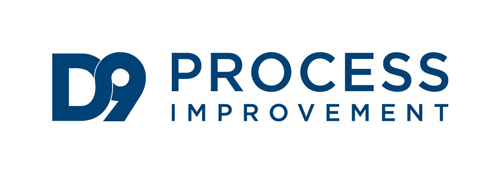Description:
A one-day introduction to the tools and skills you can use to bring change and improvements to your workplace using Lean Six Sigma
When:
1-day classroom training. Dates to be confirmed
Email to register your interest in the class
Where:
Venue to be confirmed
Who Should Attend?
As this is a hands-on workshop, participants will leave the course with skills they can implement immediately. Strongly relevant to business owners, sole-traders, managers responsible for the results of their teams, as well as anyone connected with a process in need of improvements. Equally suitable for non-profit organisations
What to Expect
This workshop is a combination of both the Variance Reduction workshop and the Lean Manufacturing workshops.
The purpose of Variance Reduction is to understand the steps of improving a process and the outcome of this training is learning how to apply quality tools and simple statistics to improve process performance and increase cash flow.
The purpose of Lean Manufacturing is to learn what Lean, Six Sigma and Lean Six Sigma are, as well as how they can be used to improve your processes. You will also receive a complete understanding of the tools involved in Lean Manufacturing.
Course Outline
- What is Lean, Six Sigma and Lean Six Sigma
- Lean Six Sigma principles
- Waste categories measured in Lean
- The Importance of Variance Reduction in work processes
- How to Determine the Cost of Poor Quality
- How to establish customer driven specifications (Upper and Lower Spec Limits, Target, and Range)
- How to achieve variance reduction by using:
- Input-Process-Output diagram
- Process Flow diagram
- Cause and Effect diagram
- Identify Constant and Noise variables
- Reduce Noise Variables with Standard Operating Procedures
- How to track a process with a Scorecard
- How to Implement a Lean program in your company
- Major Tools used in Lean:
- Process Mapping
- 5S
- Visual Controls
- TPM
- SMED
- JIT
- Kanbans
- Poke-Yoke (Error Proofing)
- Kaizen Blitz
